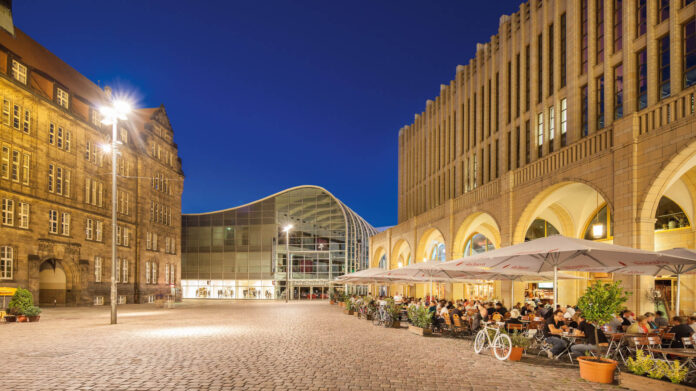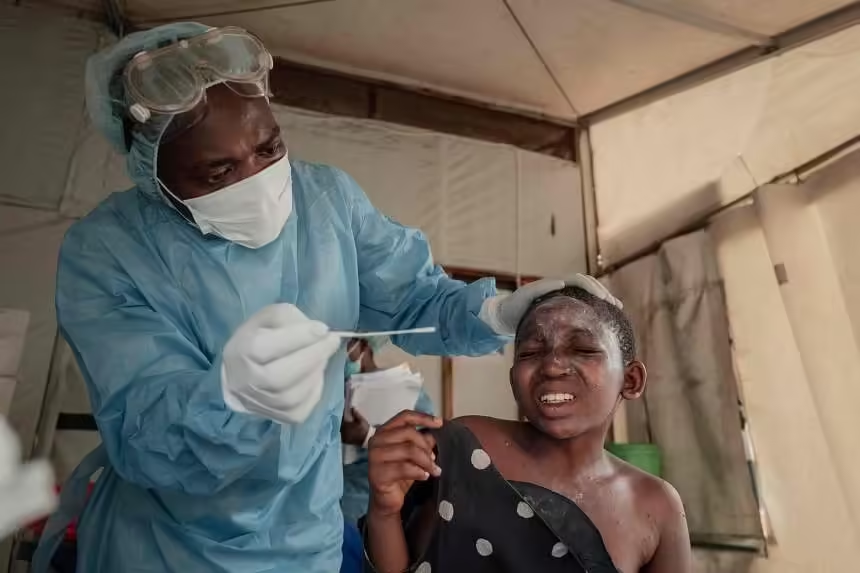Agency Report –
European Capital of Culture Chemnitz in eastern Germany is extending its reach across the border to the Czech Republic. As a partner, the German-Czech Future Fund is supporting more than 30 joint projects, a spokeswoman for the foundation in Prague said.
The range of activities spans photo exhibitions, readings, theatre performances, concerts and conferences.
Chemnitz shares the title of European Capital of Culture 2025 with Nova Gorica in Slovenia and Gorizia in Italy.
Chemnitz is located just under 40 kilometres from the Czech border.
At the ceremonial opening of the Capital of Culture year on Saturday, a new music trail is due to be inaugurated in the city park, designed by youths and children from Chemnitz together with their Czech peers.
Additionally, the series of events “Joy of Reading Goes Europe” is due to be launched, which promises an exchange with writers from Germany, the Czech Republic, Poland and Ukraine on current issues such as migration.
The German-Czech theatre project “Chemnitz Utopia” directs attention to the massive Karl Marx Monument in the former East German city which used to be named Karl-Marx-Stadt between 1953 and 1990. This is intended as a starting point for questioning what remains of the utopias of the past.
A conference is planned for May on the state of current inclusive theatre in Europe, showcasing several exemplary projects from the Czech Republic where people with physical and mental challenges are artistically active.
A topic that has connected both sides of the Ore Mountains for decades is the former uranium mining in the region with its environmental damage. This is the focus of a travelling exhibition that will be on display in Chemnitz and the Czech mining town of Jáchymov.
The project “Girls on Bikes,” aiming to promote sustainable mobility, is also set to be launched in Chemnitz and 250 kilometres further east in the Czech town of Broumov.
An overview of all funded cross-border projects can be found on the websites of the German-Czech Future Fund. It was established in 1997 to contribute to cross-border understanding. It is jointly financed by the governments in Berlin and Prague.
By Michael Heitmann
 Donate
Donate



